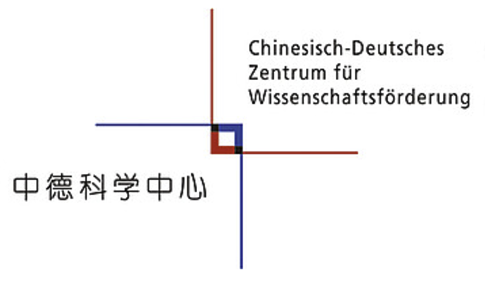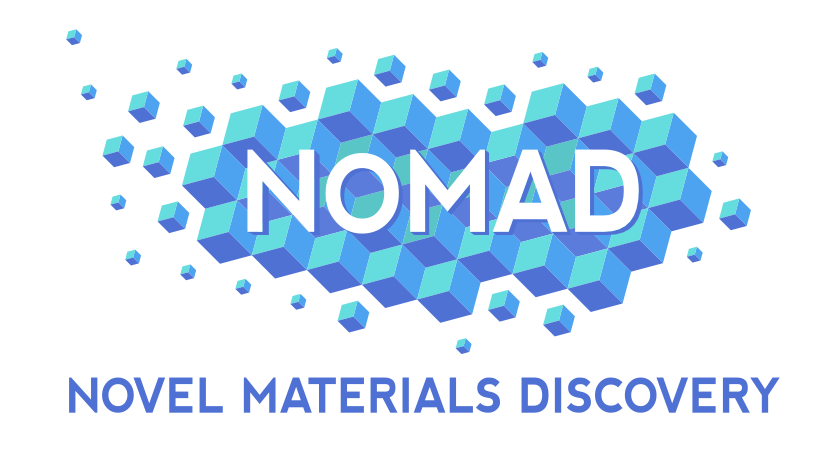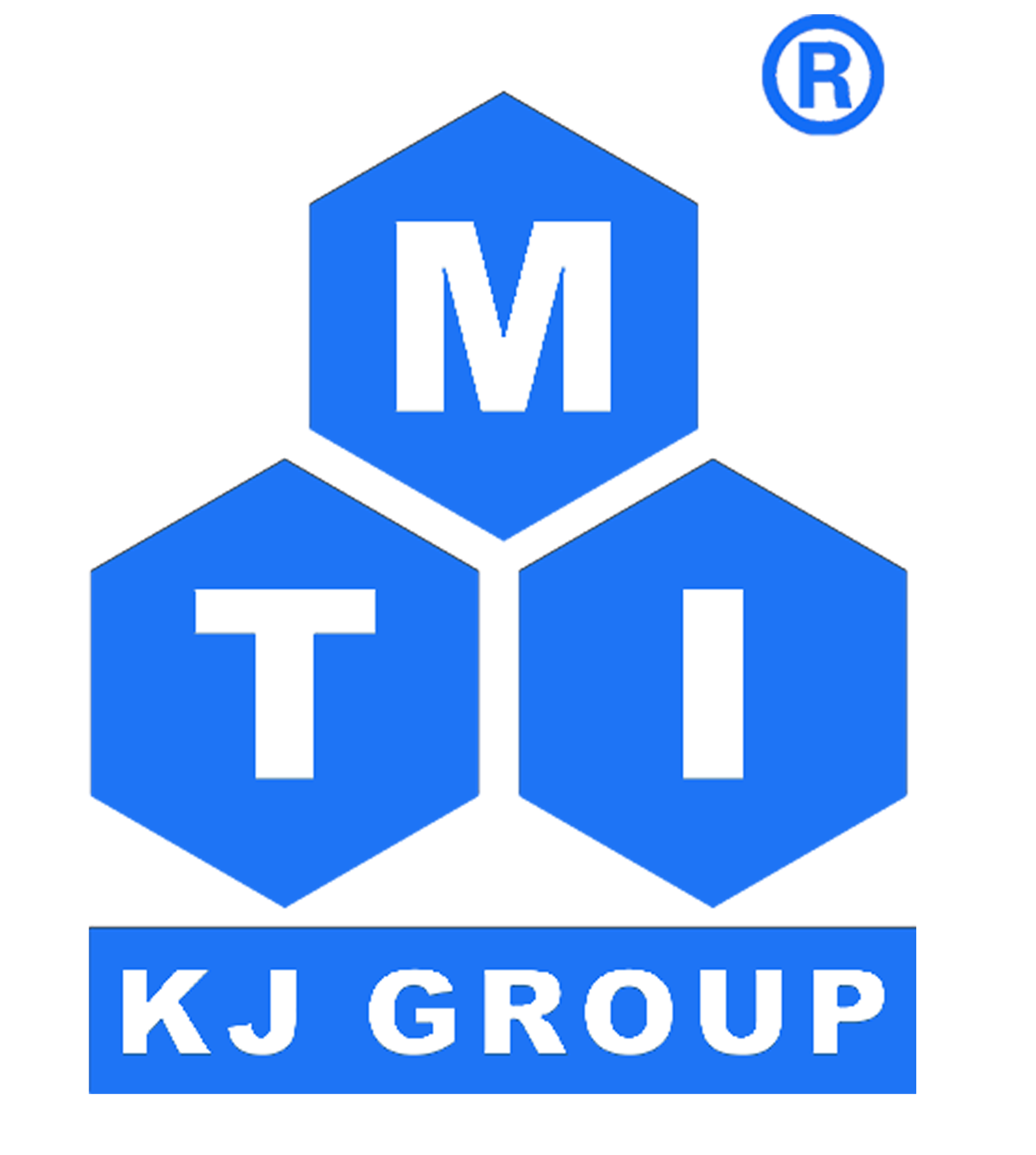Ivan S. Novikov1*, Alexey S. Kotykhov1, Alexander V. Shapeev1, Max Hodapp2
1Skolkovo Institute of Science and Technology, Moscow, Russia
2Materials Center Leoben Forschung GmbH, Leoben, Austria
*Corresponding Author: ivan.novikov0590@gmail.com
Machine-learned interatomic potentials (MLIPs) have proven to be a reliable and efficient tool in materials science. In this study, we applied one of the MLIPs, namely the Moment Tensor Potential (MTP) [1], along with an algorithm for its active learning (AL) [2], to screen multi-component alloys and predict some of their properties. For the calculation of the training sets, we used Density Functional Theory (DFT).
First, we investigated the ductility of the Mo-Nb-Ta multi-component alloy with the active-learned MTP [3]. All compositions of Mo-Nb-Ta containing less than 20% Mo, along with both Nb and Ta, are predicted to be ductile using the Rice-Thomson criterion. Next, we used a combination of the MTP and the coherent potential approximation (CPA) to characterize solid solution strengthening and ductility of the Mo-Nb-Ti-Ta alloy [4]. Our results suggest that increasing the Mo and Nb content, while adjusting the Ta content, can improve the ductility of the equiatomic Mo-Nb-Ti-Ta alloy without sacrificing strength. Finally, we computed the total magnetic moment and lattice constant of the Fe-Al alloy. For this purpose, we used a recently developed magnetic MTP and an algorithm for its parameterization, including fitting to magnetic forces [5]. We predicted a decrease in the total magnetic moment with an increase in Al concentration. We also captured the experimentally observed anomalous volume-composition dependence in the Fe-Al system.
Thus, in this study, we demonstrate that MTP is a promising tool for screening multi-component alloys and predicting their properties. This work was supported by the Russian Science Foundation (grant number 22-73-10206, https://rscf.ru/project/22-73-10206).
Keywords: Machine Learning, Alloys, Strengthening, Ductility, Magnetism
References
1. Shapeev, Alexander V. "Moment tensor potentials: A class of systematically improvable interatomic potentials." Multiscale Modeling & Simulation 14.3 (2016): 1153-1173.
2. Podryabinkin, Evgeny V., and Alexander V. Shapeev. "Active learning of linearly parametrized interatomic potentials." Computational Materials Science 140 (2017): 171-180.
3. Novikov, Ivan, et al. "AI-accelerated materials informatics method for the discovery of ductile alloys." Journal of Materials Research 37.21 (2022): 3491-3504.
4. Moitzi, Franco, et al. "Ab initio framework for deciphering trade-off relationships in multi-component alloys." npj Computational Materials 10.1 (2024): 152.
5. Kotykhov, Alexey S., et al. "Fitting to magnetic forces improves the reliability of magnetic Moment Tensor Potentials." Computational Materials Science 265 (2024): 113331.
Dr. Runhai Ouyang (DCTMD2024@163.com)












